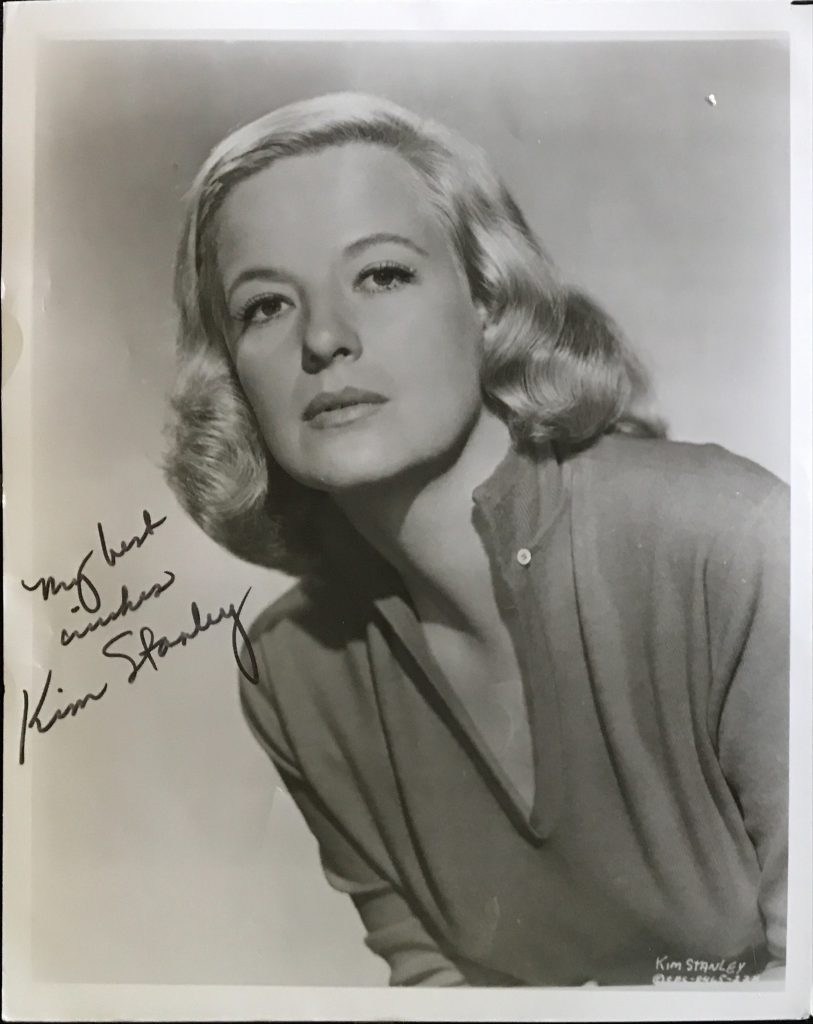
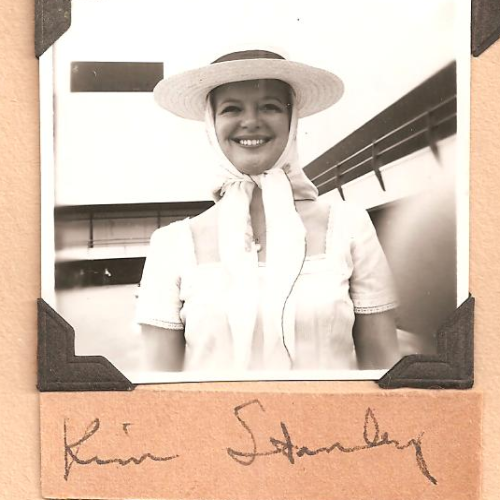
Kim Stanley obituary from “The Guardian” in 2001.
In her first film, The Goddess, Kim Stanley, who has died of cancer aged 76, played a movie star who moves from promiscuity, alcoholism, a nervous breakdown, and broken marriages to an eccentric lonely middle age. Although the film was based tangentially on Marilyn Monroe’s life, there were similarities with Stanley’s own career – and its price-of-fame message was one she took to heart.
For an actor considered one of the Broadway greats in the 1950s, winning New York Critics awards and two Oscar nominations, Stanley appeared relatively infrequently. And she did have her share of problems.
During the Broadway run of William Inge’s Bus Stop (1955), in which she created the role of Cherie, the soiled Kansas City nightclub “chantoosie” (the part Monroe took in the film version), Stanley suffered nightly nerves and missed a few performances. At the time, she was having problems with her second husband, actor Curt Conway, by whom she had a son and daughter. (She had previously been briefly married to aspiring actor Bruce Hall.)
In 1958, when she appeared as Sara Melody, the daughter of the drunken bar owner Con Melody (Eric Portman), in Eugene O’Neill’s A Touch Of The Poet, on Broadway, for which she was highly praised, she again missed a number of performances. She abruptly left the play altogether after blaming Portman for slapping her in one scene with what she said was “excessive zeal”.
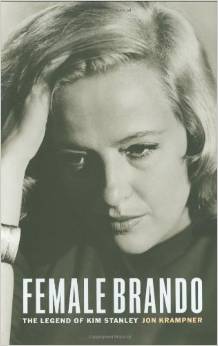
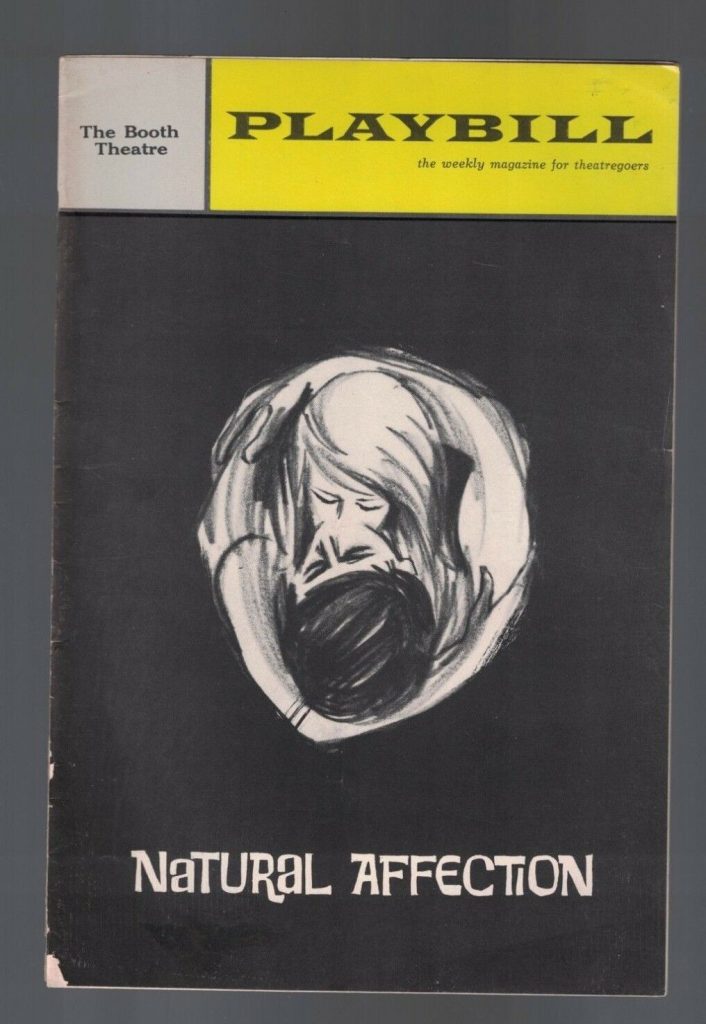
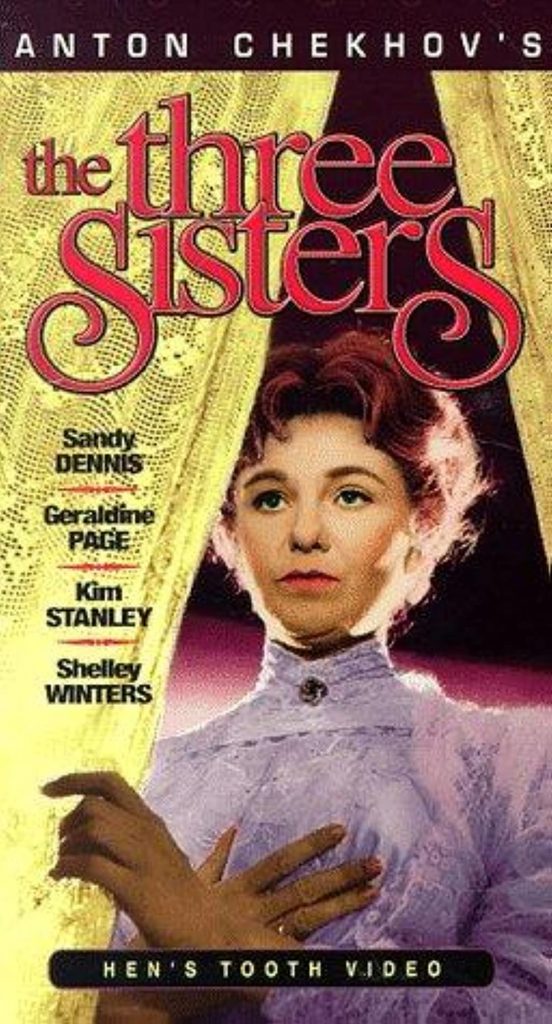
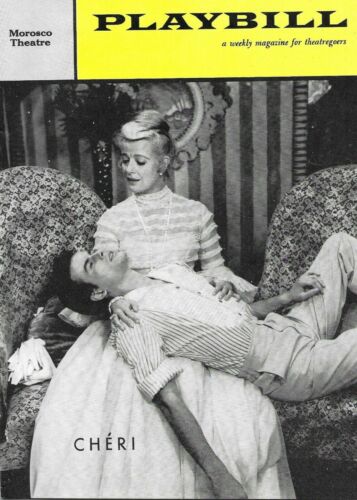
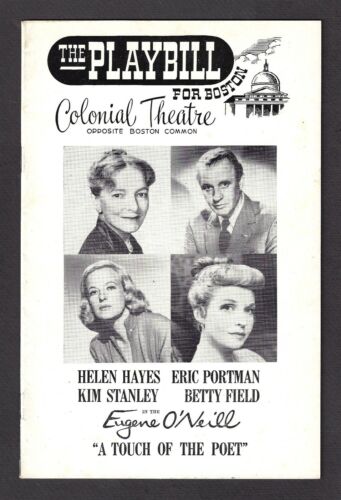
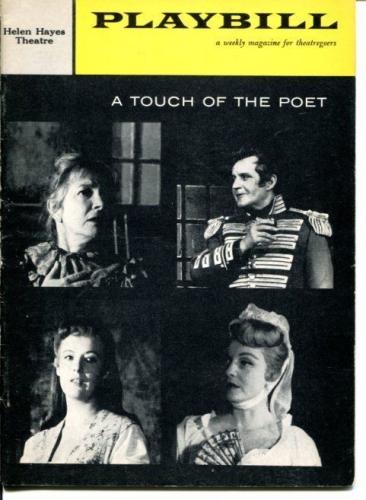
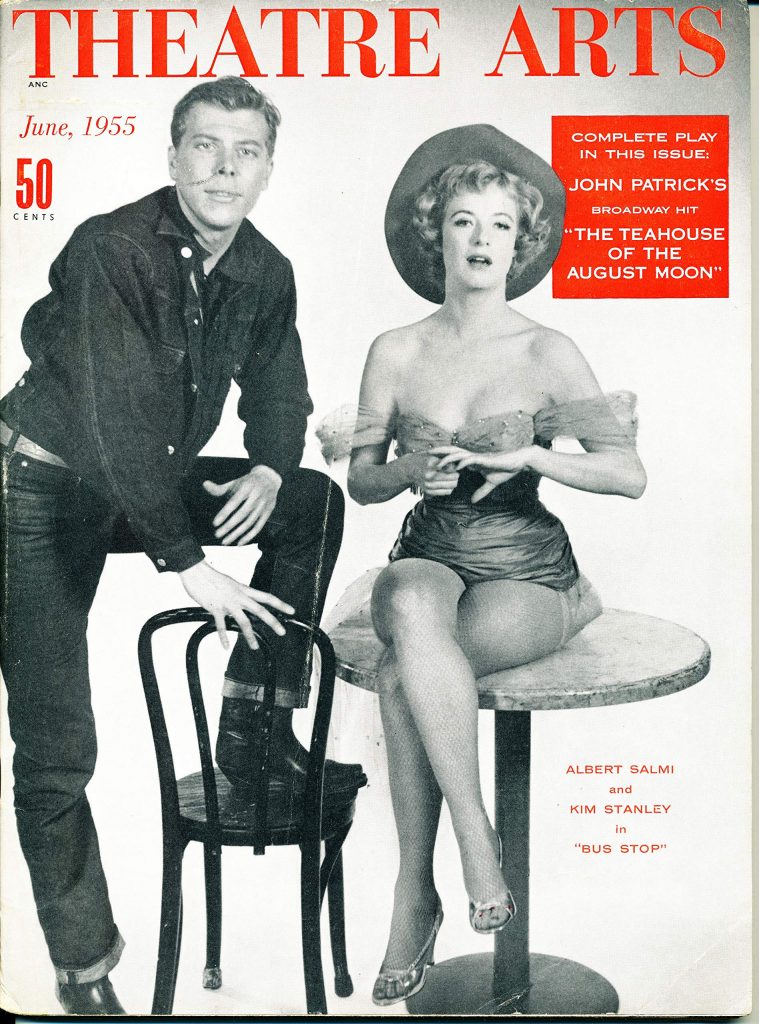
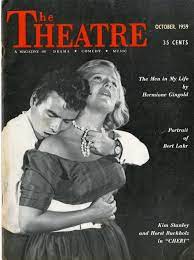
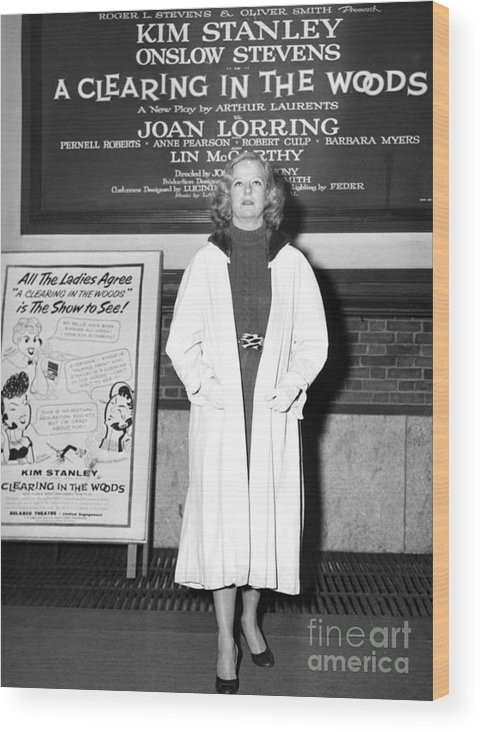
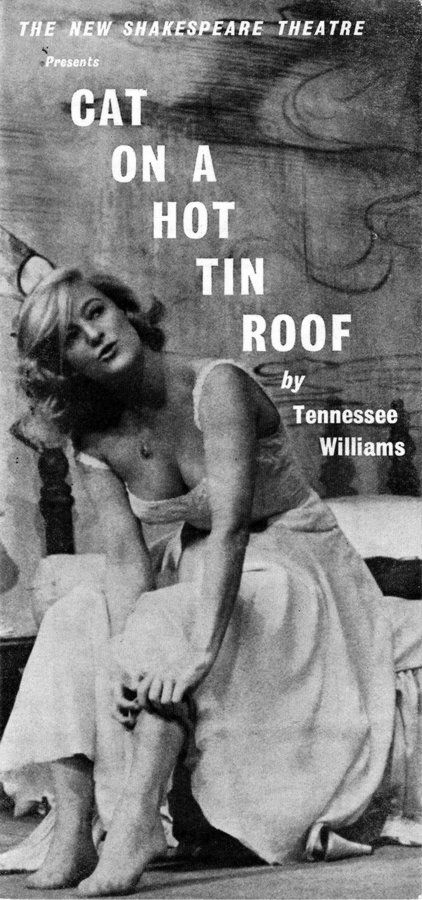
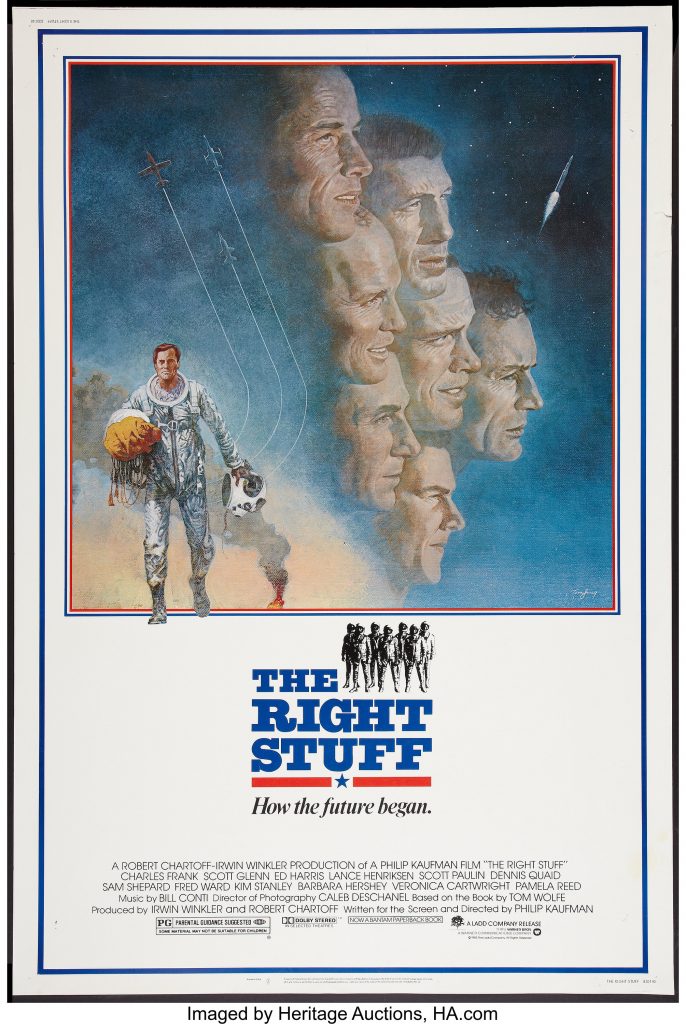
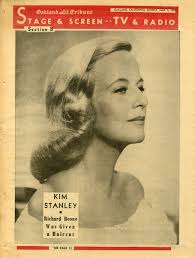
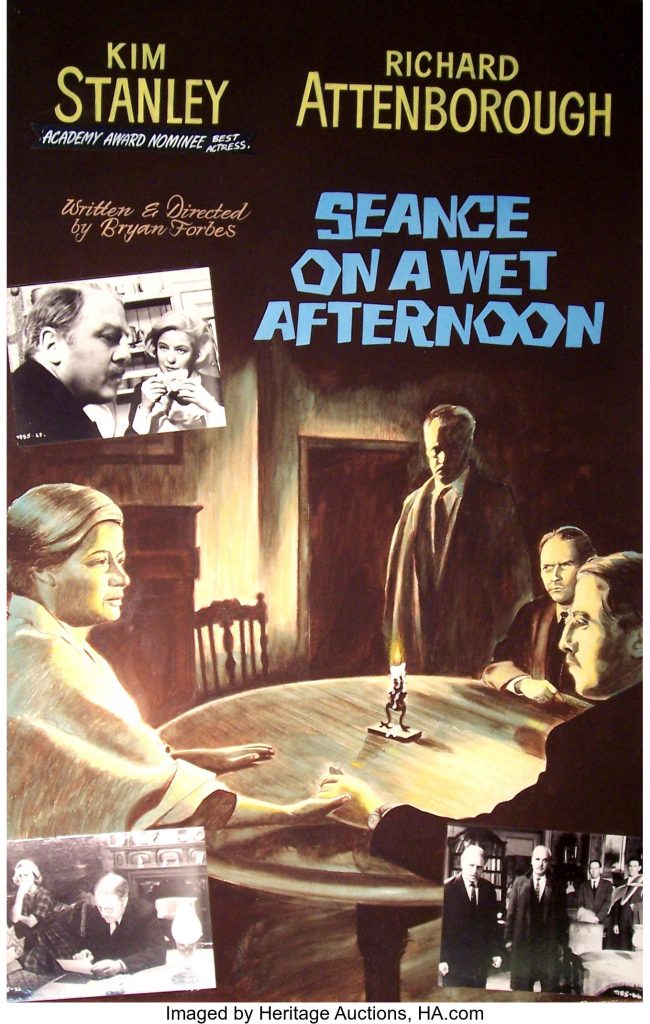
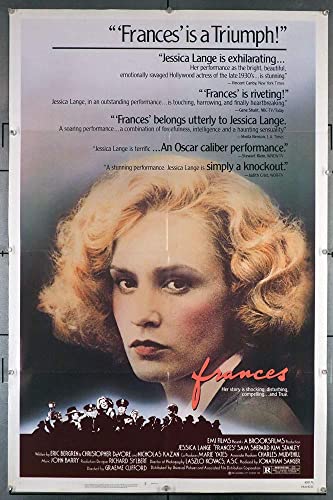
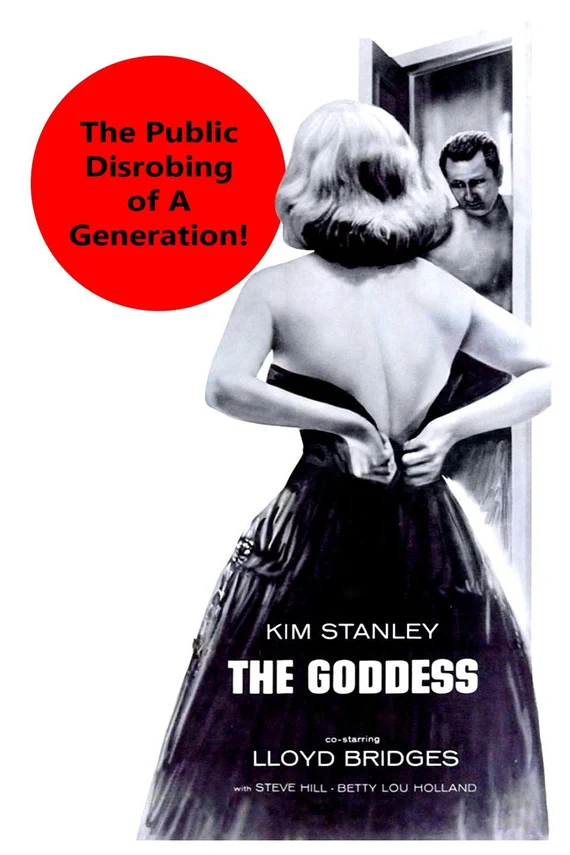
By then, Stanley had divorced Conway and married the actor and director Alfred Ryder, by whom she had another daughter. Before that marriage, too, ended in divorce, Ryder directed her in the play A Far Country (1961), as a young woman afflicted by hysterical paralysis and helped by Sigmund Freud. Three years later, she appeared as Masha, in the Actors’ Studio production of Chekhov’s The Three Sisters (1964) directed by Lee Strasberg and recorded on film.
Unfortunately, when The Three Sisters was invited to the Aldwych theatre, London, as part of the 1965 World Theatre Season, it was a disaster. The ill-prepared cast, with some late substitutes, had trouble with the raked stage, and the production was greeted with derision. It was too much for Stanley, who had a nervous breakdown – and never stepped on stage again.
This was a pity, because she was a luminous performer. Born in New Mexico as Patricia Beth Reid (she later took her maternal grandmother’s maiden name), she attended the University of New Mexico and Texas State University, in Waco, where she graduated in psychology. But earlier, at the age of 16, she had already decided to become an actor, after seeing Katharine Hepburn in a touring version of The Philadelphia Story. “I was overcome; I was transfixed,” she said.
She served her apprenticeship at the Pasadena playhouse, before going to New York, where she worked as a fashion model and a waitress, in between acting off Broadway. At the same time, she joined the Actors Studio, studying method acting under Strasberg and Elia Kazan.
She put this training to the test in an off-Broadway production of Gertrude Stein’s Yes Is For A Very Young Man (1949), playing an older American woman (she was 24) infatuated by a young French soldier (Anthony Franciosa, 21). Good notices, and her performance in the title role of Shaw’s St Joan, got Stanley her first Broadway role, replacing Julie Harris in Lillian Hellman’s short-lived historical play, Montserrat.
Her first big success came in 1953, when she won the New York Drama Critics Award for playing the tomboy Millie Owen in William Inge’s Pulitzer Prize-winning play, Picnic. The character was 16; Stanley was, by this time, 28, and it was Inge that provided her with the Bus Stop role, probably her finest stage portrayal, and described in the New York Times as a “glowing performance full of amusing detail – cheap, ignorant, bewildered, but also radiant with personality”.
Again, Stanley, who wasn’t exactly a sexpot, was able to convey the glamour of the Monroe-type film star in The Goddess (1958), desperately seeking attention and love denied in childhood. The lust for celebrity was also a theme in Seance On A Wet Afternoon (1964), in which she played a medium organising a kidnapping so that she can use her powers to find a child. Subtly changing her character from moment to moment, Stanley was nominated for an Oscar.
Although she made few films because she disliked the stop-start process, in 1982, Stanley returned to the screen as the detestable, fame-hungry mother of tragic film star Frances Farmer (Jessica Lange), and gained a Best Supporting Actress Oscar nomination. Her last film appearance was a small part as a pilot in The Right Stuff (1983).
A year later, she gained an Emmy for her performance as Big Mama in the television production of Cat On A Hot Tin Roof; she had first played Maggie in 1958, in the play’s London debut at the Comedy theatre. It was a happier experience than her bitter second visit to London seven years later – one that persuaded her to give up the stage.
After it, she returned to New Mexico, where she did some teaching and spent her last years.
Kim Stanley, actor, born February 11 1925; died August 13 2001

